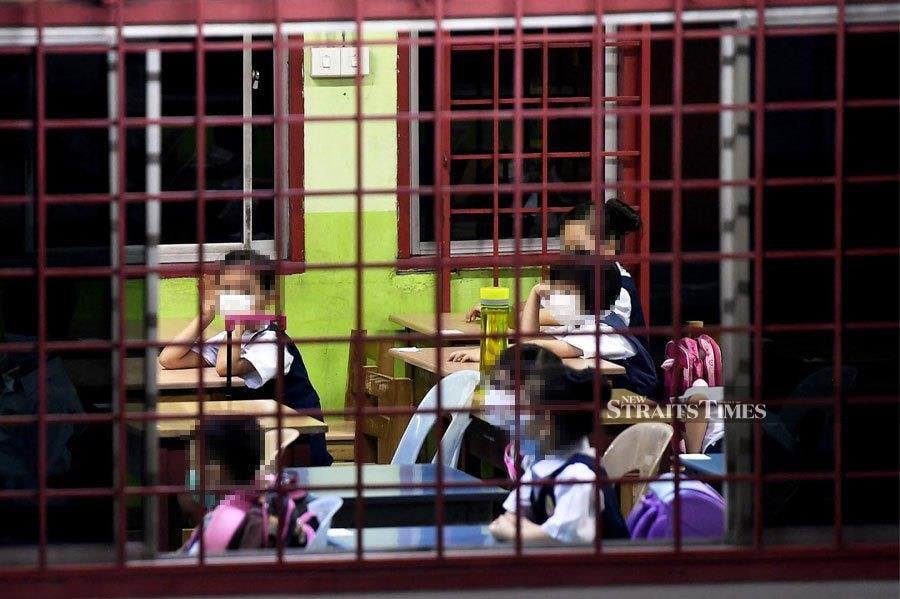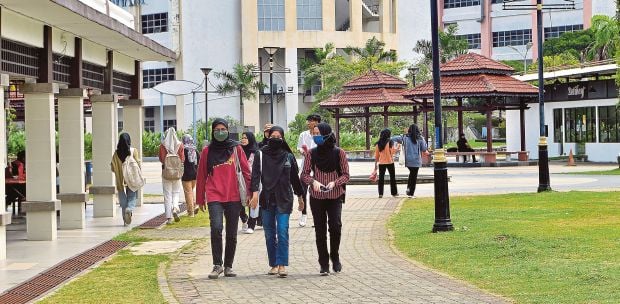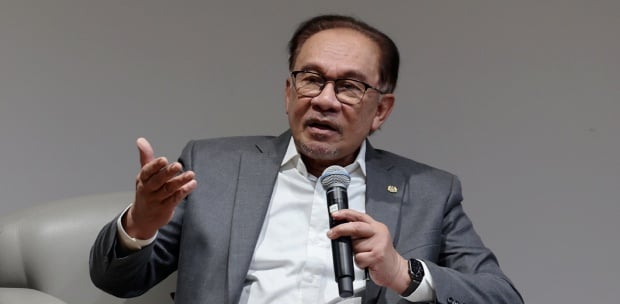Despite long-simmering racial tensions in Malaysia, a steady trend is attenuating the polarisation: the growing enrolment of Malay pupils in Chinese primary schools.
In a 2020 survey, Malays constituted almost 16 per cent of the vernacular school enrolment, and despite their so-called "outsider" status, it hasn't discouraged parents.
In fact, more Malay parents are warming up to the idea that a Mandarin-based education is far more useful than the traditional instruction at government primary schools.
The National Union of Teaching Profession, acknowledges this shift, saying it is because more parents want their children to acquire and master Mandarin to meet future real world challenges, especially in a China-dominated world.
Their preference for Chinese schools is also due to the belief that national schools impede their children's academic advancement, especially in Maths, Science and English.
Despite the growing population of Malay pupils, where in some schools they outnumber their Chinese classmates, their Malay parents are still lack political influence. Otherwise, national schools would have adopted Mandarin-based learning and syllabus in no time.
But what is the reason for the preference for Chinese schools? It's obvious that fundamentally, these parents' lack of confidence in government schools is because they are academically inferior.
The exodus originates mostly from the middle class, who emphasise learning for their kids. Pupils are drilled in Bahasa Melayu and Mandarin, plus the core subjects, for the next six years until they have a solid foundation for future success.
This essential education continues into secondary school: when these parents enrol their children in costlier private schools but with focus on core subjects.
These private schools also conduct relevant post-high school skills pertinent to real world challenges while maintaining
high-value academic performance.
In this sense, the education system is split into two systems — government and private. In the meantime, religio-nationalistic politicians insist on streamlining the split syllabuses, especially on increasing religious periods during and after school hours.
While religious and moral classes for Muslim and non-Muslim pupils are provided in vernacular schools, the emphasis is still on the core subjects. It's why certain political parties and their satellite pressure groups demand the closure of the 1,800-strong vernacular schools, including failed bids at the highest courts to declare the schools unconstitutional.
However, this political push to do away with vernacular schools is at odds with the reality of life in Malaysia, which is democratised and pluralistic. From higher learning to healthcare to business and even politics, reducing homogeneity while embracing multiracialism, multiculturalism and globalism is the game in town.
This is the underlying rationale behind the higher Malay enrolment in vernacular schools.





